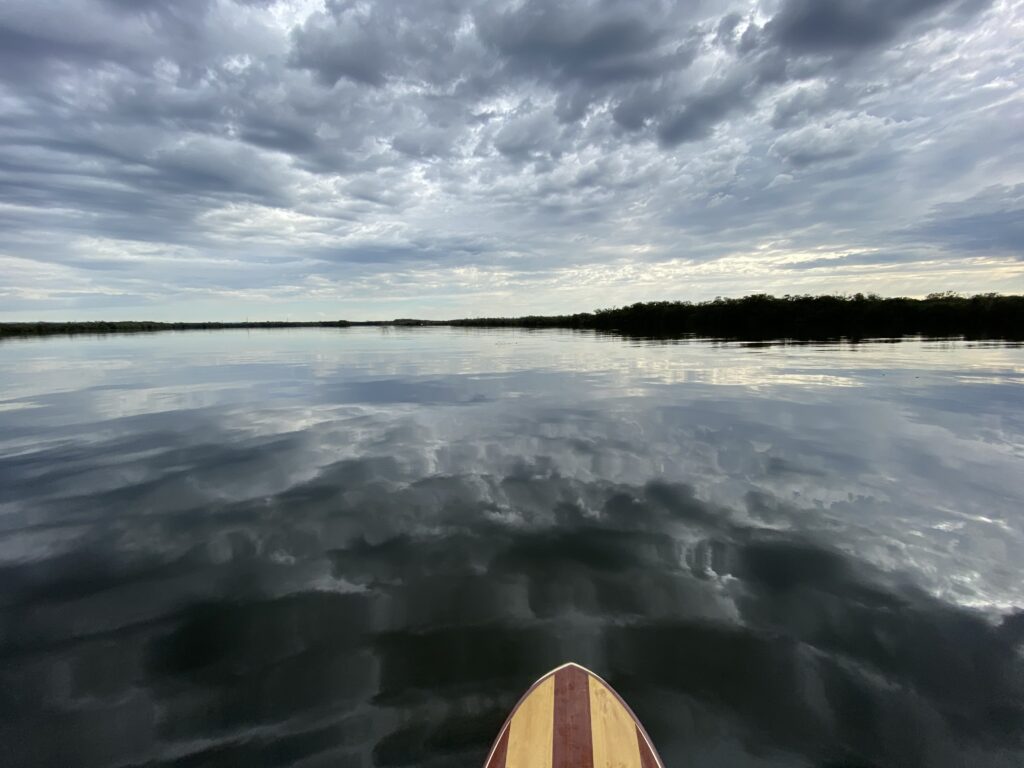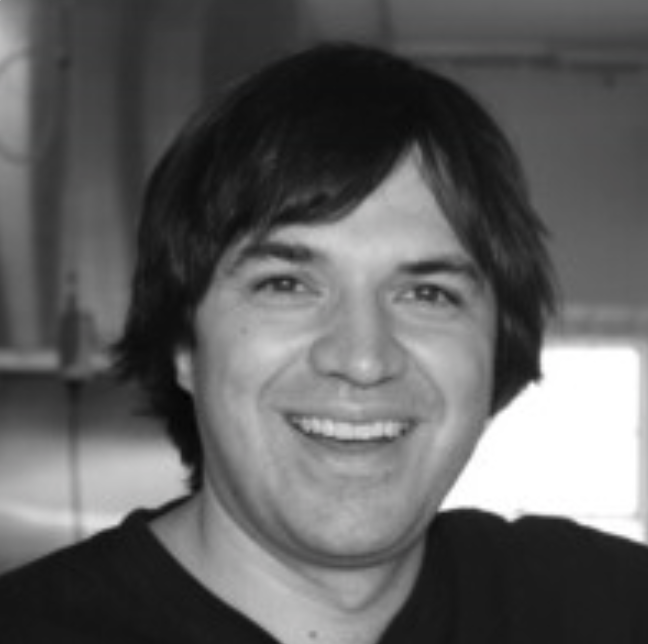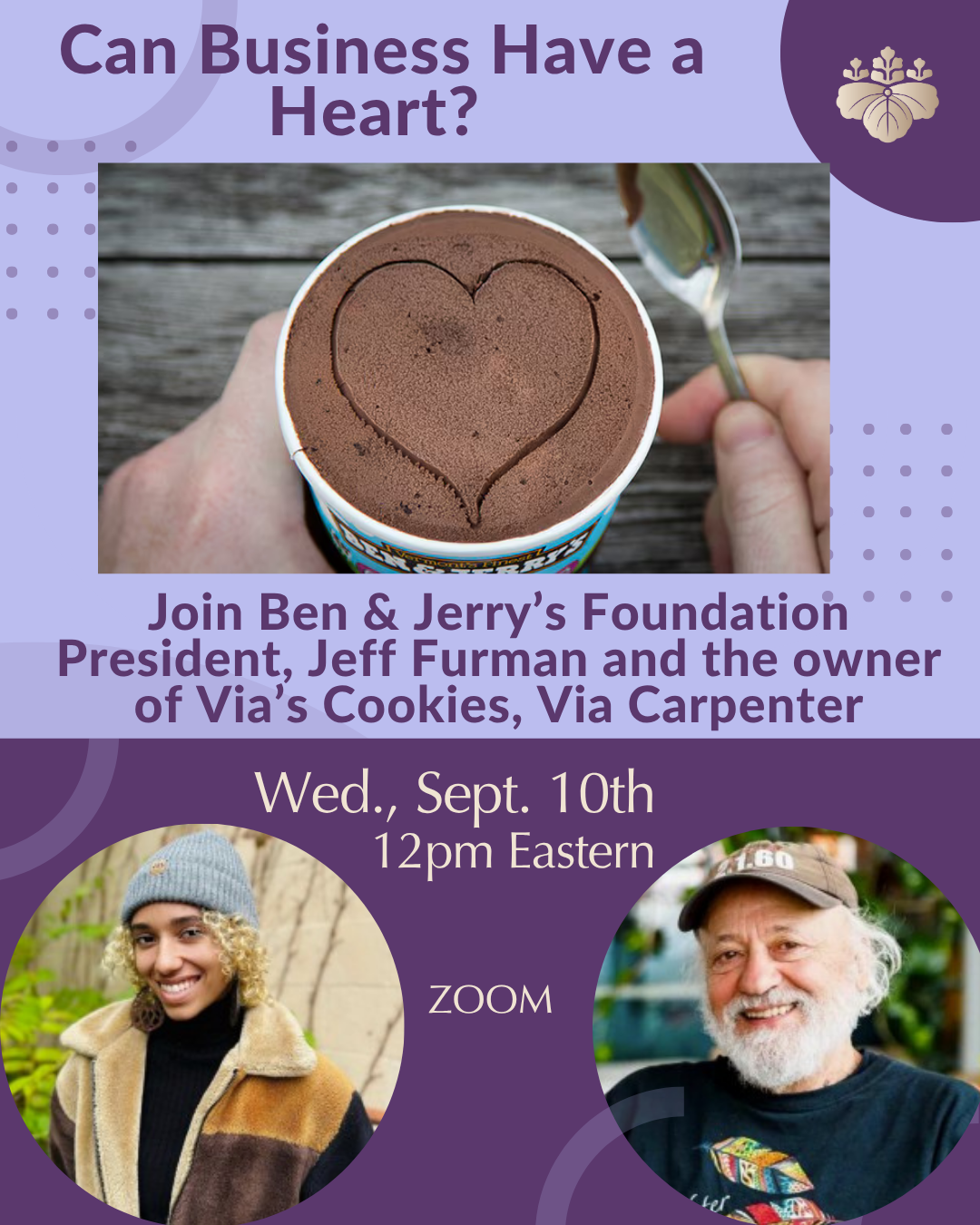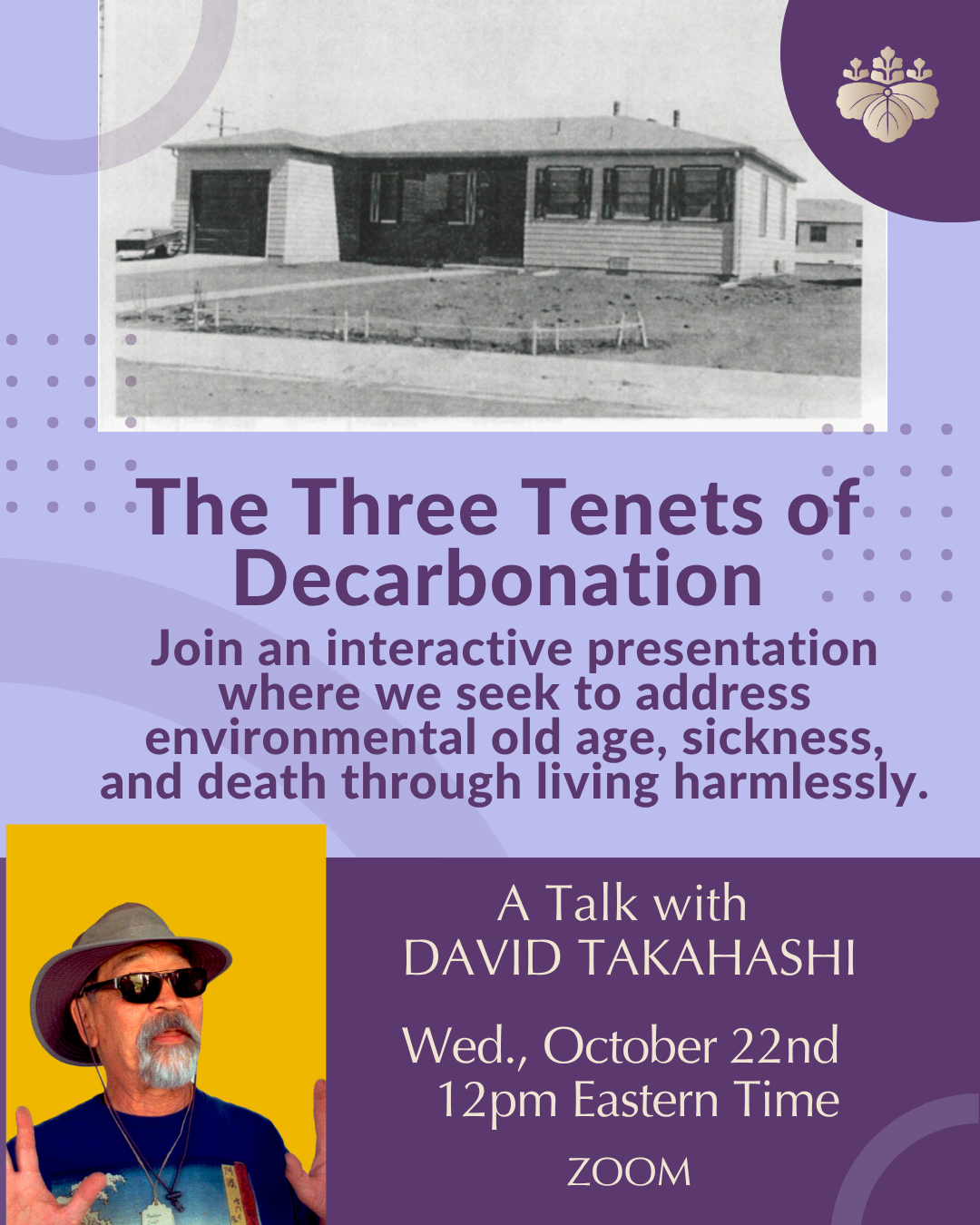Dharma Talk 24/07/23 – Richard Warner
For the Dharma talk this week I wanted to take up a phrase teacher Richard Herps used in his talk last week. If I remember correctly Roshi Cecilie asked him a good Zen question: ‘What is practice?’ to which he replied: ‘Everything is Practice’. This struck me as a wonderful theme for a talk. So, this evening I will give you a breakdown of what ‘everything’ is for me, and this might prompt you to think of the practices you find helpful. What you choose to pick out may be different from me and that’s o.k. it’s a matter of horses for courses. Also remember, any singling out is inevitably artificial there is ultimately no boundary to our practice.
So, with that said the practices that I would like to mention are three:
- Practice on the cushions
- Practice in relationship & within community
- Practice within nature
Practice on the Cushions.
A core practice of Zen is seated meditation or Zazen. ‘Zen’ of course means meditation and ‘Za’ to sit. The fact that mediation is used to name our tradition demonstrates just how important it is. In Zen you will inevitably meditate and do a lot of it! In our tradition this can take a number of forms. For me it includes:
- Following the breath (this was the practice first given to me by a teacher and I still use it),
- Sitting with Mu,
- When I am very settled, I may practice Shikantaza or ‘just sitting’ which is an open spacious awareness of what arises and falls away with no judgment or clinging.
- Also, more recently I have started trialling a loving kindness or ‘Metta’ practice as a part of my meditation routine – which we have introduced at events over the last couple of years and is now in our Sesshin liturgy.
Usually, I will try to settle into one of these practices for at least a 25-minute period rather than switch between. Mostly I sit with Mu, which for me is a matter of intoning the syllable Mu, breathing it on the outbreath, but more deeply being one with it so that there is no I intoning Mu, there is just Muuuuu and whatever arises also is Mu.
If you follow the way of Zen, sitting meditation will become a life-long practice. Daily for about 25 minutes as a minimum and then for longer periods on retreats which hopefully includes an annual week-long retreat. This has proved effective for generations of practitioners, and it is my experience that it really helps move things forward. As Roshi Mervyn often reminds us, it’s the first twenty years of meditation that is the hardest, and now I think I see what he means. It does get easier and more automatic as we build familiarity. The practices which initially took much effort to initiate and maintain now require much less effort – I wouldn’t say effortless for me yet – but after 20 or so years it is much easier, more natural. After a time, we also start to recognise it in other aspects of our lives, so that what we are doing on the cushions and what we are doing in our home life, at work or in the community is not as separate as it once might have seemed.
Practice in Relationships and Community
We are social beings and practice together with everyone – not one person throughout time and space is left out. I have found practice in relationship and community to be a valuable support and guide and sometimes also a mirror that can help me see my blind spots, the places where I am sticking. This theme was brought up in the last couple of Dharma talks: ‘that those people we find most difficult can often be our best spiritual teachers’. Here’s a great verse from the Shodoka or ‘Song of Enlightenment’ which sums it up to a T.
‘When I consider the virtue of abusive words, I find the scandal monger is my good teacher. If we do not become angry at gossip, We have no need for powerful endurance and compassion’. (trans Robert Aitken)
Practice in relationship and community of course in Zen includes practice with a teacher and within a community of practitioners and I know for sure I would not be still practicing without these valuable supports. I started some twenty years ago and still meet weekly (now on Zoom) with a teacher for Dokusan. This is such a gift we receive in Zen, a friend to support, guide and sometimes challenge us in our practice over many years and even decades. The relationship continues even after we are given permission to teach. This one-to-one support sits within a web of community or ‘Sangha’ which is made up of our Dharma brothers and sisters. Without Sangha we would not have the individual threads of connection nor community of support that encourages us to go deeper and sustain a long-term practice. Also, the very practical elements of supporting a teacher, running an organisation putting on retreats would not be possible without Sangha.
Practice in community is not confined to the Zen community, if it is worth its salt, it reaches out beyond the cocoon of the Zendo to our everyday life. This is ‘marketplace practice’ coming home to who we are in our everyday life and expressing this within everyday relationships. Being responsible, appropriate, ethical and compassionate in our interactions with others. How we show up in our daily life is probably the truest metric of the efficacy of our Zen practice.

Practice in Nature as Nature
This final practice I wanted to mention is practice in nature. I think many of us have this as a practice though we may not be conscious of it as such. We go away to the forest, the beach the mountains, desert – wherever it is – and come back feeling refreshed, renewed and connected with the web of life of which we are not separate. We get an intimation, if not experience of non-duality from these outings. This is a valuable insight raised by American Zen Teacher and Psychologist Tim Burkett in his new book ‘Enlightenment is an Accident’.
For me, paddle boarding on Boondal Wetlands is a way I often re-connect with nature. Sometimes if I am lucky there is no Richard on the board, nor wetlands beyond, there is just the splash of mullet jumping, the song of birds and the ‘paddle, paddle, paddle’ of an oar.
Wordsworth expresses this wonderfully in his Lyrical Ballads:
Sweet is the lore which Nature brings;
Our meddling intellect
Mis-shapes the beauteous forms of things:—
We murder to dissect.
(from ‘The Tables Turned’ by William Wordsworth)
Of course, this practice of loving nature and seeing ourselves as not apart from it, is key to us being motivated to protect it –to get off the couch and act! An increasingly important motivation in this day and age.
The Circle of the Way
Let’s circle back round now to where we began. Richard’s statement ‘Everything is Practice’. But you might ask what is the everything that we are we practicing? A clear-eyed teacher at this point might have a very different answer – but I will venture some more words. We are not practicing to be someone else, over there, in the future. We are simply practicing so we can be who we already are, to realise deeply our true nature, mysteriously empty and wondrously full.
I’d like to finish with a quote from Zen Master Dogen on the same point.
“On the great road of buddha ancestors there is always unsurpassable practice, continuous and sustained. It forms the circle of the way and is never cut off. Between aspiration, practice, enlightenment and nirvana, there is not a moment’s gap. Continuous practice is the circle of the way. This being so, continuous practice is unstained, not forced by you or others. The power of continuous practice confirms you as well as others. It means your practice affects the entire earth and the entire sky in the ten directions. Although not noticed by others or by yourself, it is so.”
(Trans Kazuaki Tanahashi)
Your Practice:
I have shared some of the key areas of practice for me, there are of course many others as ‘Everything is Practice’. So with that in mind, over to you with any questions you have or practices you have found helpful in your life that you would like to share. Don’t be shy, there are no mistakes to be made – if you do, they too are practice! This conversation also is practice! 😉





Uma resposta
I agree that “everything is practice” and that “practice is everything”… practice enlivens us to know that we are as we are… it is already there – we are who we are and practice, as I understand it from reading (because I am not enlightened yet) helps us go deeper into knowing that we are who we are… I await the outcome, whatever that is… my rave at the moment… Robert